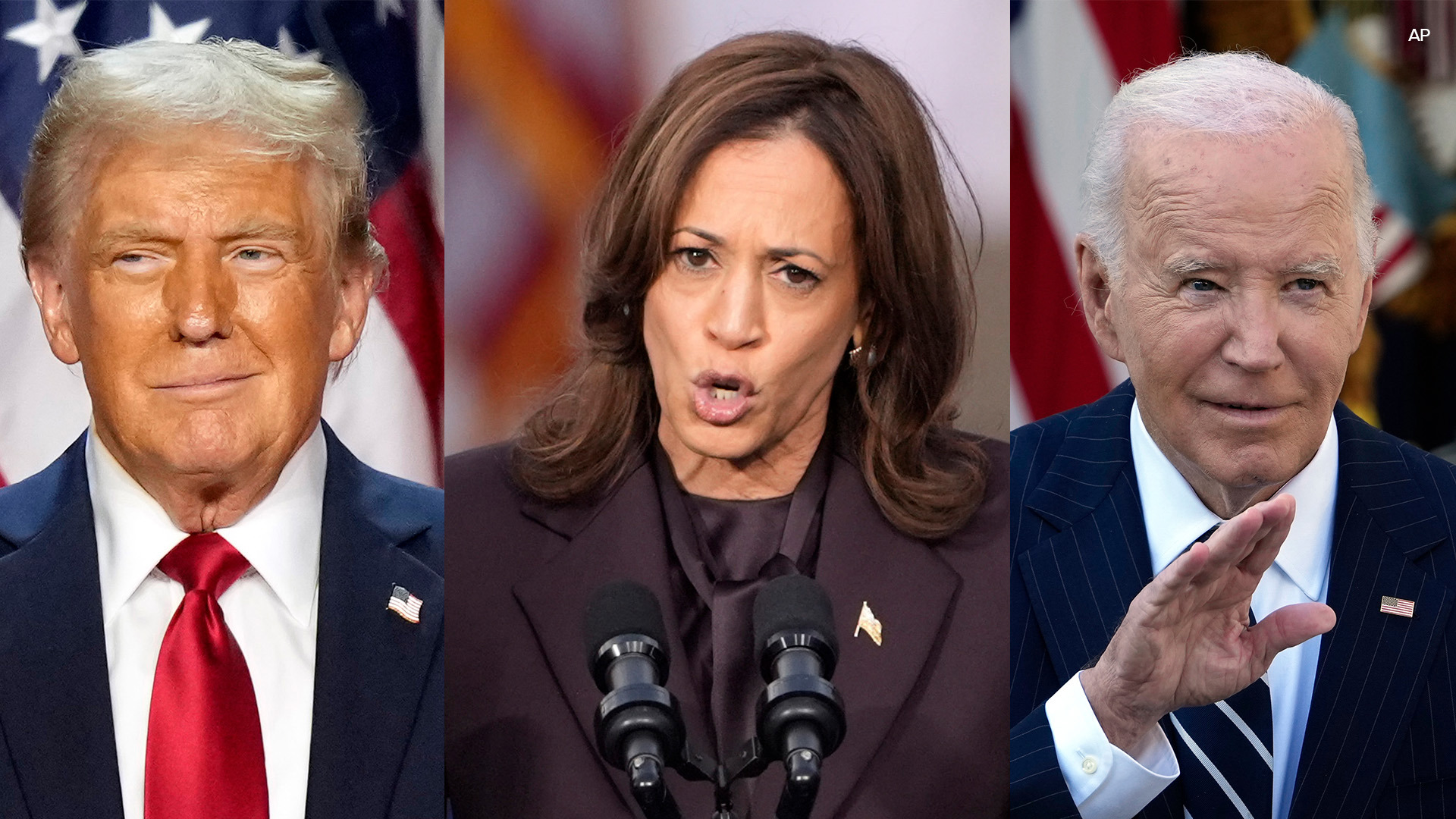CLEVELAND — Donald Trump gives the speech of his life Thursday night at the Republican National Convention. Will he stick to a prepared text on a teleprompter? Or will he go with what got him here and wing it?
Some delegates, facing a nerve-wracking conflict between Trump’s tendency to arouse his base (by riffing) and his need to convert his skeptics (by reading), favor a Solomonic solution: split the difference.
With the freedom of people advocating what they don’t actually have to do themselves, they urged their nominee to be scripted, yet spontaneous.
”A combination of the two,’’ said Ben Kinlaw of South Carolina. “A little bit of both,’’ said Karen Pfaehler of Montana. “A mixture is best,’’ said Dale Charletta of Illinois.
Experts agreed.
“He’s going to have to strike a balance between being Donald Trump and reassuring those on the fence that he understands the issues,’’ said Anita McBride, a former White House adviser. “If a teleprompter is what he needs to stay focused on that, he has to use it.’’
Trump, who once ridiculed politicians for using teleprompters, now sometimes uses one himself. But only he knows if on Thursday he’ll focus on entertaining his fans in the hall, or on persuading unconverted members of the TV audience who saw the primary-season Trump and wonder if there’s a more presidential-sounding one.
It should be high drama — “in a league by itself,’’ says Randy Sparks, a University of Dayton marketing professor and expert on public speaking.
Bill Lee, a socially conservative Utah delegate who’s still undecided about whether to support Trump, wants substance, not a show: “Give us a reason to vote. Throw us a bone!’’
A teleprompter, which allows a speaker to read a scrolling text from a series of one-way mirrors, is used by most national candidates to give important speeches. Some, like Ronald Reagan and Barack Obama, are so good you don’t know, or forget, they’re reading.
Early on, Trump scorned the machine as another trapping of politics as usual. He spoke off the cuff, free-associating like an improv comic. It helped make his rallies revivals and his candidacy a political phenomenon.
But in March, after a series of self-inflicted controversies threatened to obliterate his message, he began using a script and teleprompter for important policy addresses. Some, like his speech in Virginia this month on veterans, were well-received.
Party leaders have welcomed the trend. "People are looking for a level of seriousness that is typically conveyed by having a prepared text and teleprompter," said Senate Majority Leader Mitch McConnell. This week Reince Priebus, the party chairman, has said Trump’s teleprompter use looks “really presidential.’’
Not everyone likes Teleprompter Trump. Baltimore Sun media critic David Zurawik has compared him to “someone trying to dance but couldn't find the beat.’’ On CNN Tuesday night, former Obama advisor David Axelrod said of Trump: “He’s so good when he’s riffing.’’ As for reading, he added, “he’s just not that good at it.’’
And, as former George W. Bush speechwriter Michael Gerson puts it, Trump keeps falling off the teleprompter wagon. The showman apparently feels the show must go on.
That would be risky on Thursday. “If he picks up the mic, walks around the podium and goes off script, his core will love it. But his advisors back stage will be having cardiac arrest,’’ said Sparks. “The undecided Republicans at home could say, ‘Enough is enough’ and write him off.’’
On the other hand, Trump must sound like Trump. Authenticity becomes even more crucial after Melania Trump’s speech on Monday, in which she used the teleprompter to read words and phrases used by Michelle Obama in a speech in 2008.
The key, Sparks says, is the script: If it sounds too presidential or too much like a conventional acceptance speech — lofty and aspirational like House Speaker Paul Ryan’s on Tuesday night, the kind of stuff speech writers love to write — it will fail.
Instead, the speech should be written in “plain, shirt sleeve English — ‘very, very bad’ instead of ‘horrific.’’’
This, after all, is not Ted Sorensen writing for JFK (“Ask not what your country can do for you …’’). It’s Trump: (“You’re fired!’’)
Is the sort of semi-spontaneity many delegates favor for Trump’s speech feasible?
Ad-libbing, even within a set speech, said Sparks, is “a high-risk strategy. When Trump is Trump, he elaborates. That’s when controversial things get said.’’
Another problem: once he goes off script, Trump has trouble coming back.
Take Saturday, when Trump introduced Mike Pence to the nation as his running mate.
Trump spoke for almost a half an hour — twice as long as Pence — sometimes reading flatly from a sheet of paper in his hand, sometimes soaring off on tangents. The result was the semblance of a parody, including Trump’s much-ridiculed transition, “… but back to Mike Pence.’’
As vintage Trump, it was perfect. As an introduction to Pence, it was a fiasco.
Trump summed up Thursday's dilemma last month in an interview with The New York Times: “I want it to be on message. I want it to be fun. And you have to put all of those things together.’’
He meant the convention lineup; he could have been talking about his own speech.

![XXX RNC_071816_12_MW.JPG A ELN USA OH [image : 87349184]](http://www.gannett-cdn.com/media/2016/07/20/USATODAY/USATODAY/636046241841282845-XXX-RNC-071816-12-MW.jpg)

